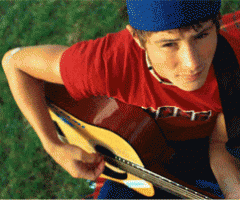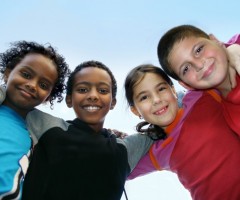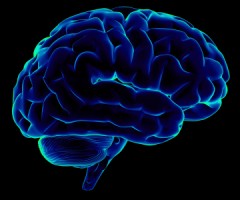Bipolar disorder is a brain disorder that causes severe or unusual shifts in mood, energy level, thinking, and behavior.The existence of a mood disorder in adults involving severe mood swings from states of deep depression to states of elation has been recognized now for over a century.
Bipolar disorder in children and adolescents (termed pediatric bipolar disorder), though perhaps more prevalent than generally acknowledged, is difficult to recognize and treat for several reasons. It has a similar symptom pattern with Attention Deficit Hyperactivity Disorder (ADHD), can be comorbid with ADHD and may be associated with behavior patterns such as conduct disorder.
Symptoms of mania and depression in children and adolescents may manifest themselves through a variety of different behaviors. When manic, children and adolescents, in contrast to adults, are more likely to be irritable and prone to destructive outbursts than to be elated or euphoric. When depressed, there may be many physical complaints (i.e. headaches, tiredness), frequent absences from school/poor performance in school, talk of or efforts to run away from home, irritability, complaining, unexplained crying, social isolation, poor communication, and extreme sensitivity to rejection or failure. Other manifestations of manic and depressive states may include alcohol or substance abuse and difficulty with relationships.
Existing evidence indicates that bipolar disorder beginning in childhood or early adolescence may be a different, possibly more severe form of the illness than older adolescent- and adult-onset bipolar disorder.
Many parents are challenged by a child or adolescent who has extreme changes in mood, energy, thinking, and behavior. Though there’s no single cause of bipolar disorder it is recognized that bipolar disorder often runs in families, and research clearly indicates that there is a strong genetic component or contribution.
Symptoms:
Children and teens having a manic episode may:
- Feel very happy or act silly in a way that’s unusual
- Have a very short temper
- Talk really fast about a lot of different things
- Have trouble sleeping but not feel tired
- Have trouble staying focused
- Talk and think about sex more often
- Do risky things.
Children and teens having a depressive episode may:
- Feel very sad
- Complain about pain a lot, like stomachaches and headaches
- Sleep too little or too much
- Feel guilty and worthless
- Eat too little or too much
- Have little energy and no interest in fun activities
- Think about death or suicide.






